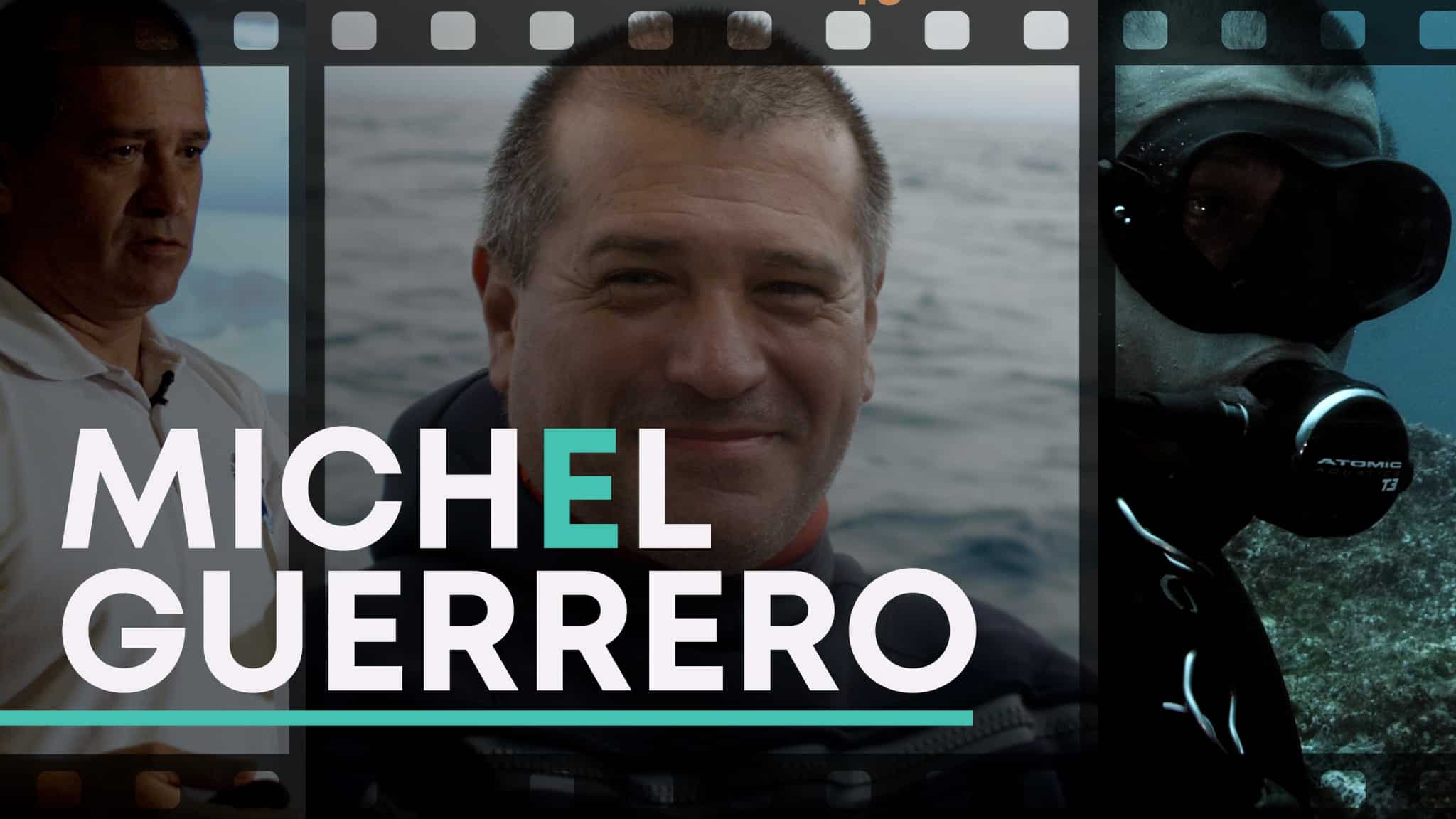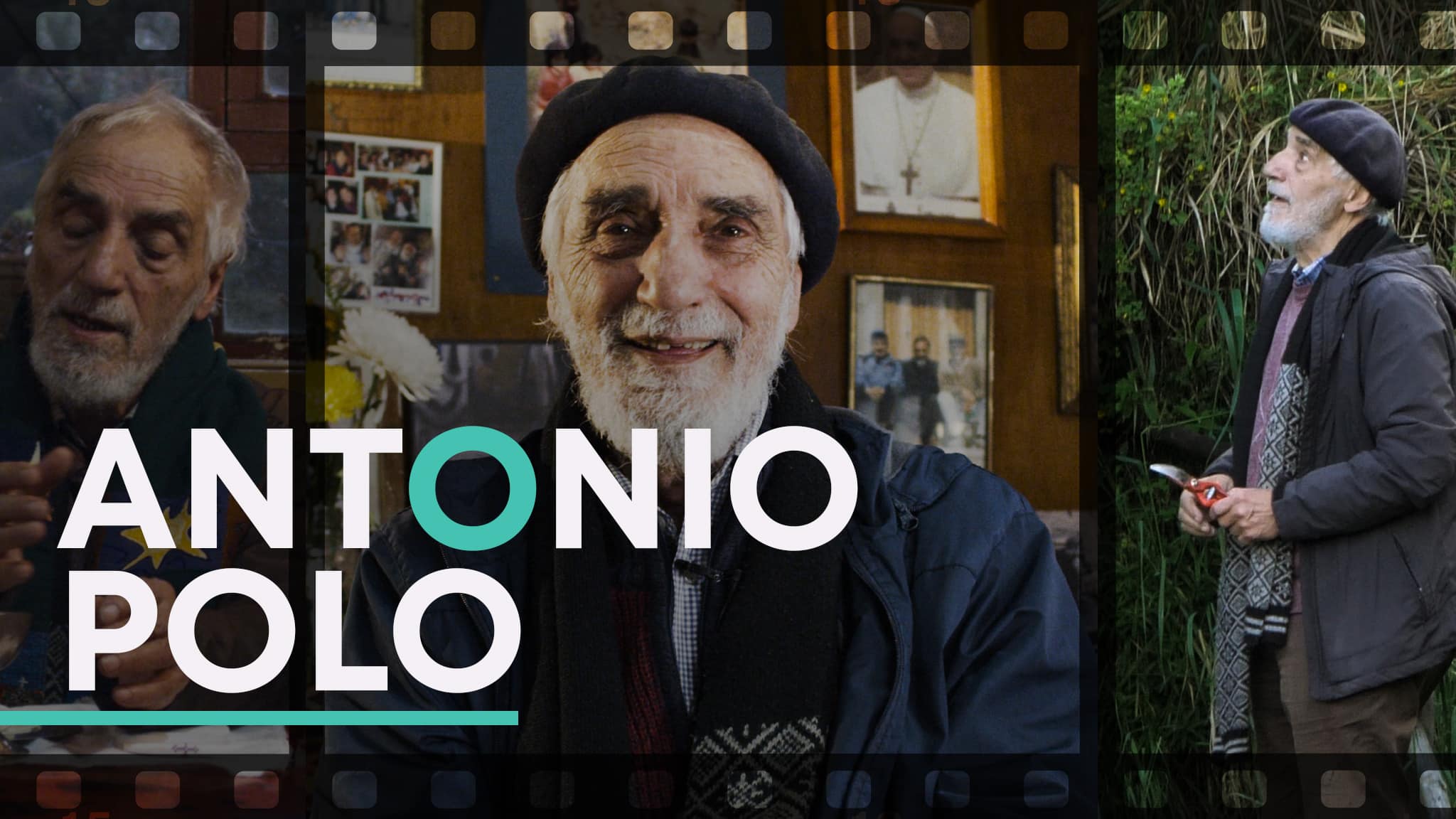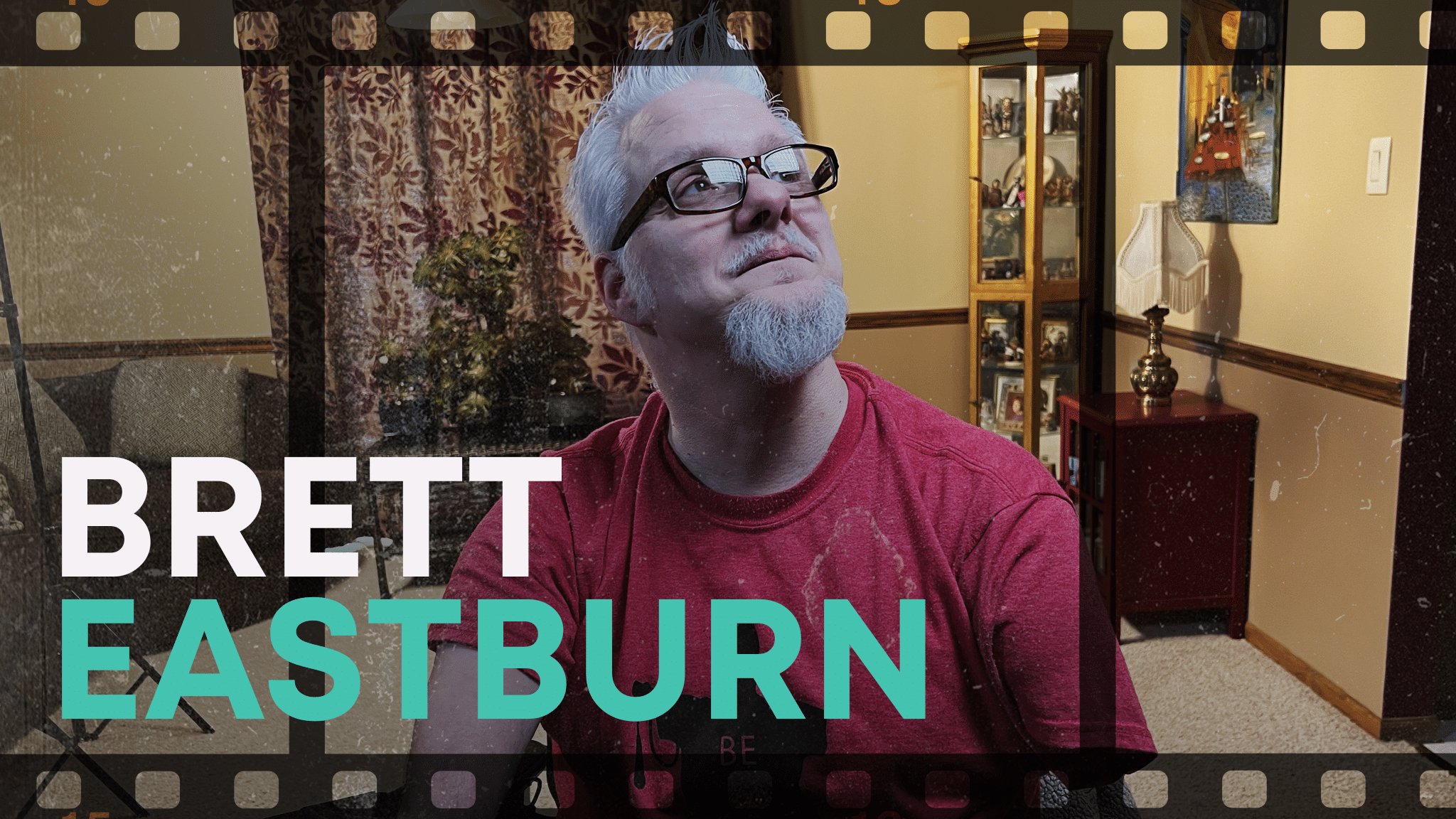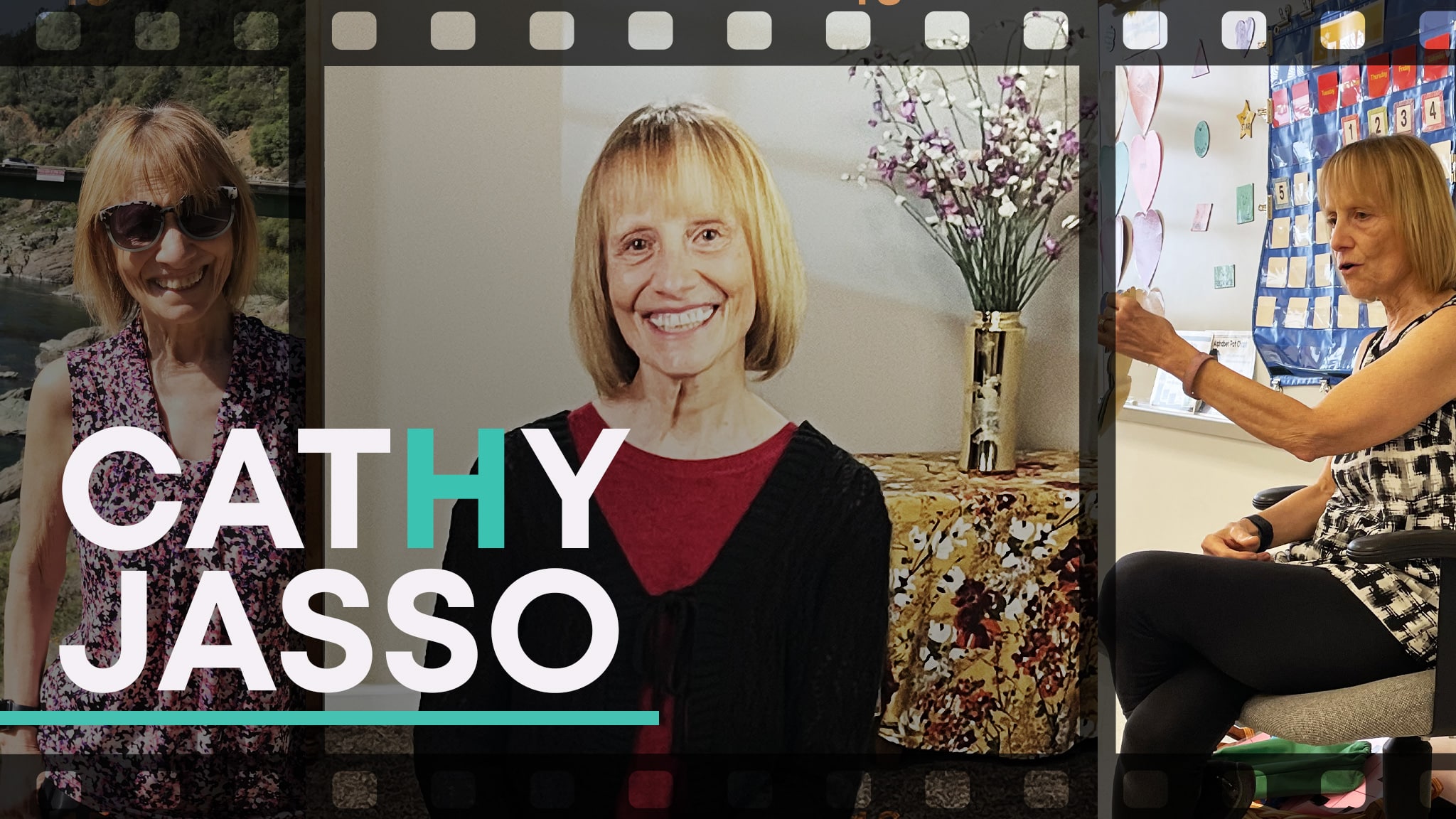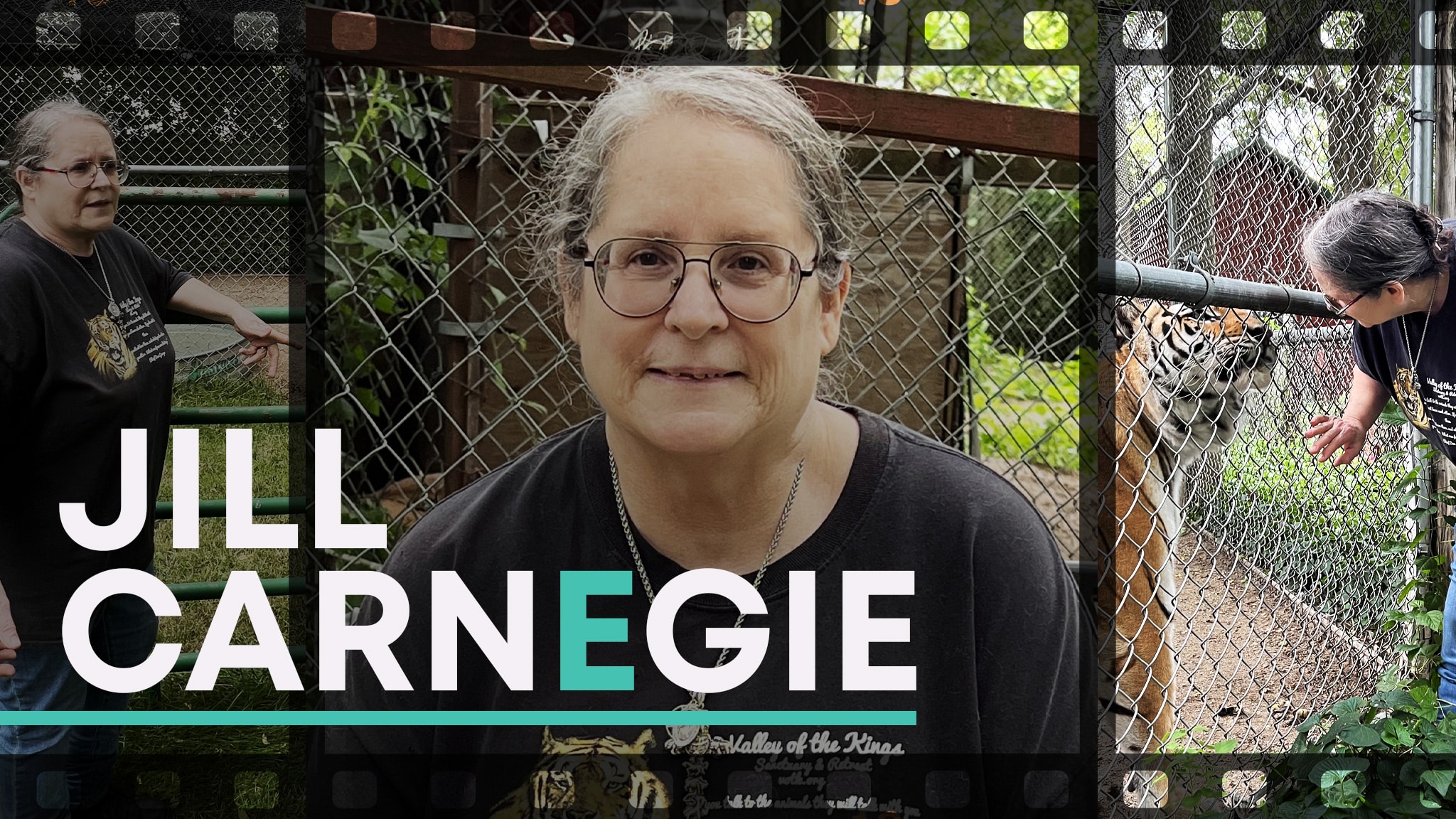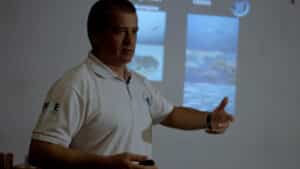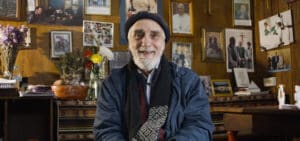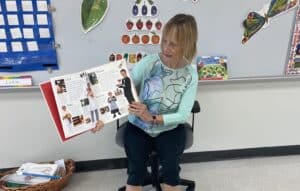What Is a Hero?
“Heroism” is a word whose meaning is often misconstrued. While it is natural for us to idolize those with wealth and power beyond our own, this line of thinking undermines the capability for us to be heroes. At Your Everyday Heroes, we believe that true heroism is defined by one’s willingness to help others. Therefore, if you’re reading this right now, you too have the potential to be a hero.
Umar Mughal echoes our sentiment regarding heroism. He is a 28 year-old graphic designer from Lahore, Pakistan. Born with a rare bone condition called osteogenesis imperfecta, also known as brittle bone disease, he was constantly told that his options in life were limited. However, with the support of his family, he found a career avenue that suited him: graphic design. He has been thriving in the field for over 10 years now, and while he is often labeled a “disabled graphic designer,” he has made it clear that he is not defined by his disability.
Umar recently took the time to share some words of wisdom with YEDH. We found his story to be not only interesting, but inspiring.

What Makes Umar Mughal an Everyday Hero?
In his interview with YEDH, Umar tells us, “This is the motto and the message of my entire life: if anyone needs it [help], you must help them.” For him, these are more than words. His beliefs are reflected in his actions: despite being born with OI, he has managed to become self-dependent, thriving at his job as a graphic designer. And with such success comes responsibility: he spends much of his down time teaching graphic design skills to other people with disabilities. In fact, over 50 of his students have managed to become self-dependent, currently earning enough money to comfortably support themselves and their families.
Additionally, with the financial resources he has accumulated through his job as a graphic designer, Umar plans to open an institution that will provide jobs to people with disabilities. Clearly, Umar Mughal recognizes the potential for heroism within everyone, and he has made it his mission to see others reach that potential.
Umar elaborates on this plan, saying, “I am working on opening an institution where I will give jobs to people with disabilities, so they don’t have to reach out to others. I will make them independent by teaching them how to work and providing jobs and shelter, so they don’t have to ask for help. Instead, they will be able to help others, making a chain.” This “chain” that Umar mentions is referring to what he sees as a trickle-down effect when it comes to helping others; people who are given kindness are more likely to give kindness themselves.
“A man can do anything for the sake of himself,” Umar tells us. “But true happiness comes from helping others.”
Who Is Umar’s Everyday Hero?
While Umar Mughal has managed to become mostly self-dependent, as a man born with a disability, he needed to be given a lot of help along the way. He is never hesitant to cite his mother as his life’s guiding force. “She spent many sleepless nights taking care of me,” he tells us. “She taught me, ‘You should not think like others. You are not like them, but you are a better person than them… You have to live your life like a normal human being.’” It is because of his mother’s support that Umar has become the self-sufficient man he is today.
He also mentions that without the support of people like his mother, “kids like me have no future.” Sadly, this is often true, as many people with osteogenesis imperfecta (or other disabilities) do not grow up with the support system that Umar has had, and as a result, many do not accomplish what he has accomplished. However, Umar wishes to be for others what his mother has been for him: an inspiration, a guiding light.
Umar stresses the need for independence amongst people with disabilities, but he also acknowledges that independence isn’t usually achieved without some help from others. In his case, his entire family has helped guide him down the path towards self-reliance. “My mother, my father, and my brother–they have always been very supportive,” he says. “For eight years, my brother used to drop me off at the studio, and pick me up everyday. Gradually, I became independent and started coming and going on my own. Soon I started doing everything on my own.”
This harks back to Umar’s earlier point about the “chain,” a.k.a. the trickle-down effect of helping others. As a result of his family’s support, he has been able to achieve independence. He is aware that the majority of people in his position do not have support that he has had, and because of this, his goal is to help them. Then, when they become independent themselves, they will help more people, thus creating a “chain” of self-sufficiency amongst people with disabilities.
What Can We Take From Umar’s Story?
Most of us will never be afflicted with a condition like Umar’s. Osteogenesis imperfecta is a rare condition, affecting only one in every 16,000 to 20,000 people. Those of us unaffected by OI or similar conditions often forget how fortunate we truly are. That being said, Umar’s story should not make us feel “guilty” for being born without disabilities, but it should remind us what we are capable of.
“Some people are normal, healthy,” Umar tells us. “But they can’t work because they don’t have the confidence.” While Umar mentions work specifically, his sentiment is applicable to almost any goal we may have; if we have the capability to do so, why not try our hardest to attain our dreams? Umar Mughal has created a stable, fulfilling life for himself through sheer unflinching resolve, something many able-bodied people do not possess.
“I have never thought that I am not able to do something. I have always thought of building my home and living a normal married life,” he says.
Throughout his life, Umar has had to work against the naysayers. Even at the beginning of his job as a graphic designer, he had to deal with people’s assumptions that he would need special treatment to accomplish his tasks.
“Everyone in that studio thought that I would not be able to work. Even my manager thought the same thing… he said he would shorten the duration of my shift because he thought I couldn’t work for that long.” Then, smiling, he concludes, “But I showed them I can work hard, and within the three months of learning, I amazed everyone.”
While Umar’s disability is unique, the judgment he faces is universal. At some point, we have all dealt with negative forces, whether they be from other people or from ourselves. Umar did not let these forces dictate how he would live his life, and neither should we.

Conclusion
Like most others, Umar is constantly striving for self-improvement. Every day, he inches closer towards what we could consider a “normal” life. Many would be tempted to simply label him a “disabled graphic designer,” but he is not defined by his disability. There is much that can be gained from modeling our mindsets after that of Umar. He is relentless in his drive to change the world, and the effects of his work have already shown: around 50 of his students becoming independent is a huge accomplishment, and he’s only getting started.
Coming from humble beginnings, Umar is well on his way to becoming a famous person with osteogenesis imperfecta. However, it is not necessary for us to achieve Umar’s level of vocational success in order to be a hero. It is, however, necessary for us to help others, even in the smallest of ways. As Umar has said, this is where true happiness lies.


